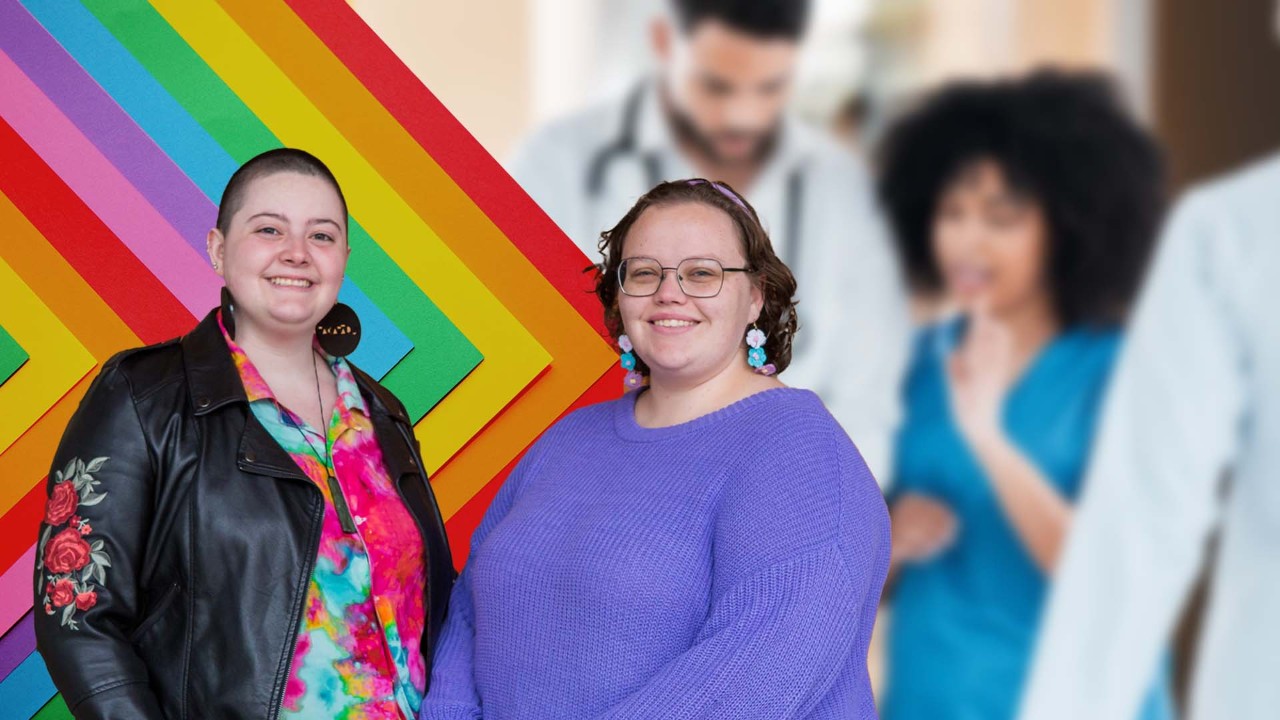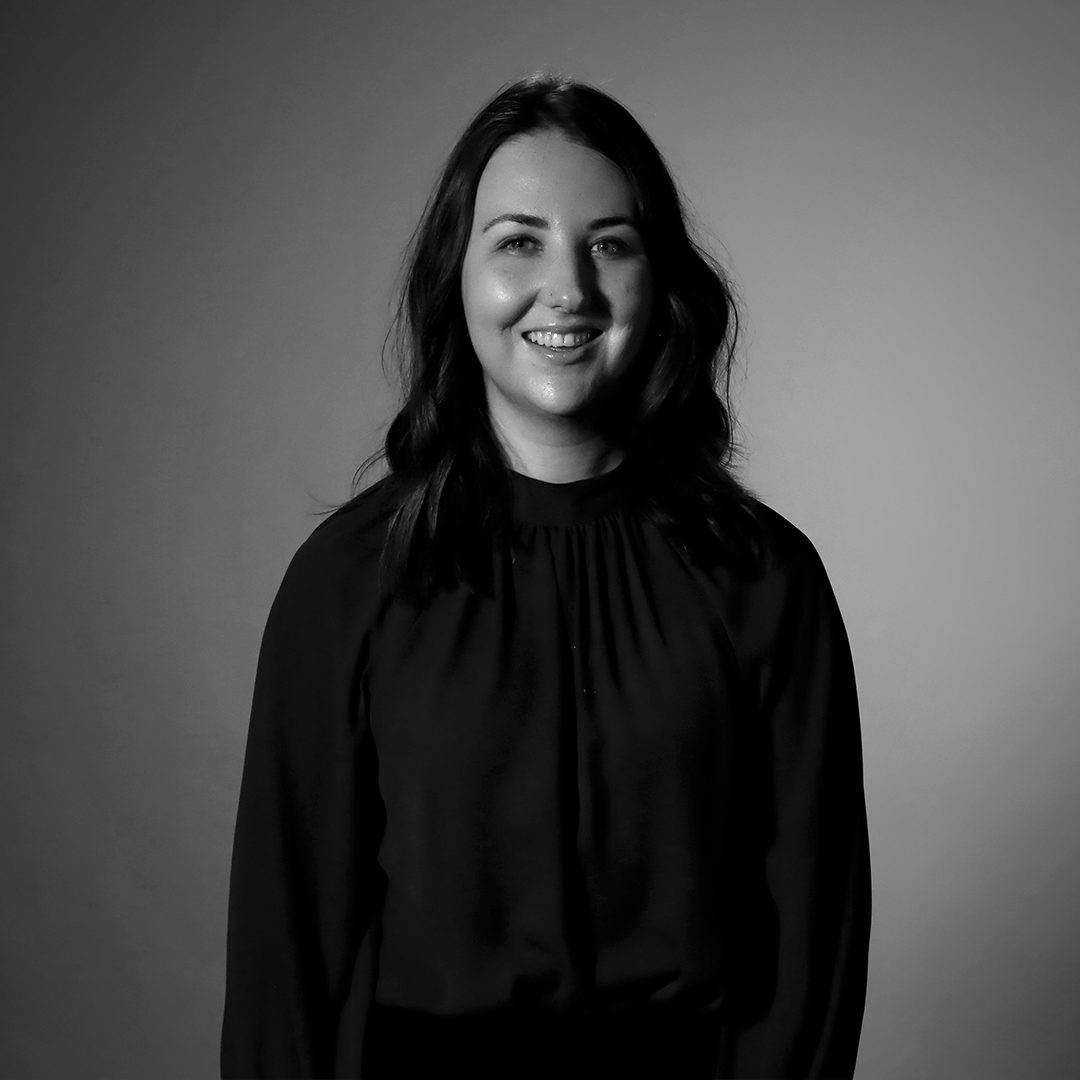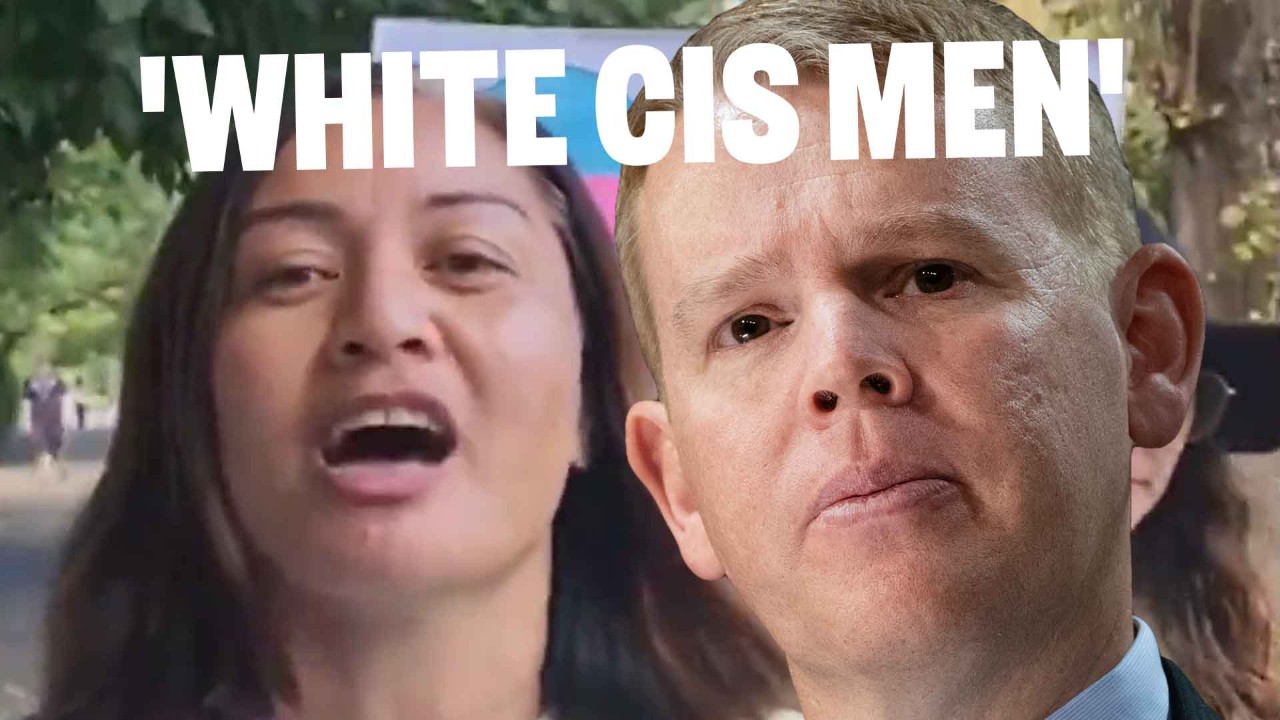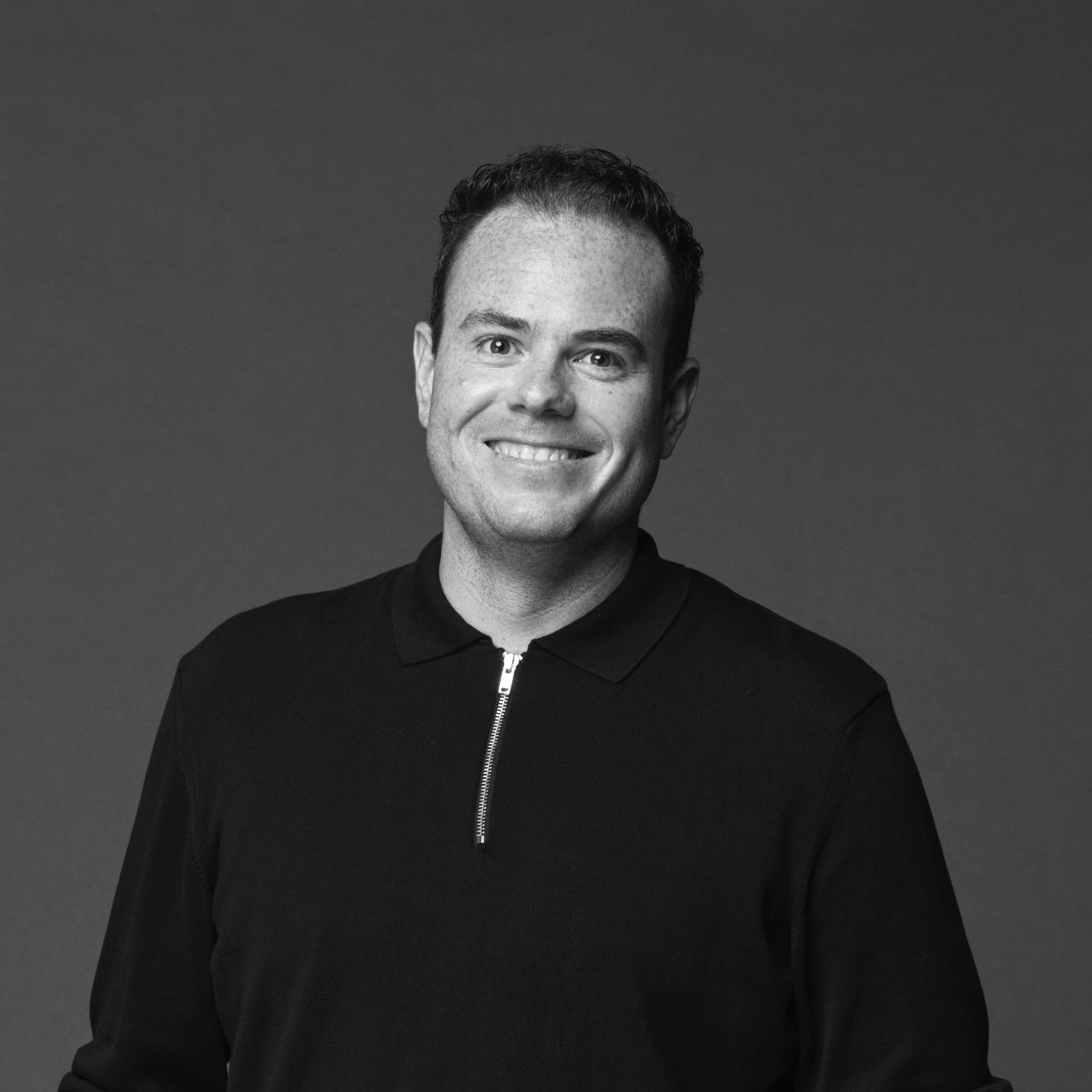The rainbow community in New Zealand could soon be able to jump online to find doctors who are friendly and well-informed when it comes to meeting their health needs.
University of Canterbury students Nat Young and Amber Jones have developed Prism, a database they hope will improve healthcare and accessibility for LGBTQIA+ clients.
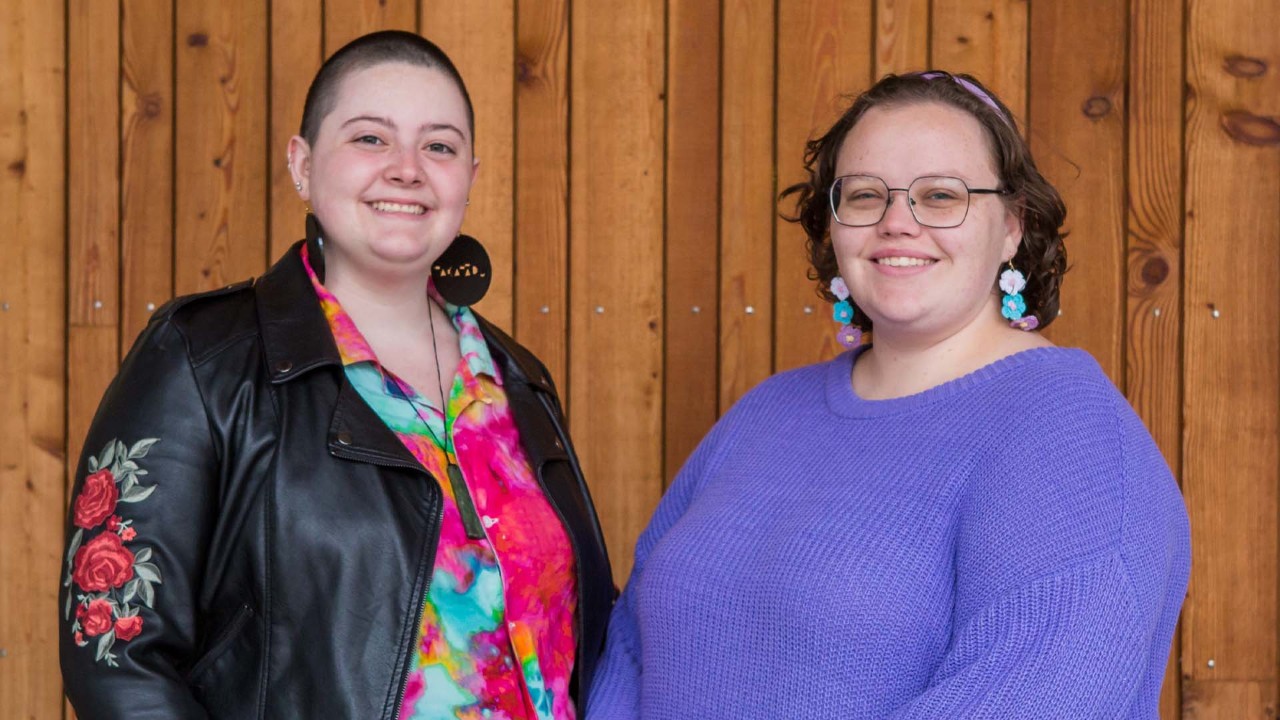 Nat Young [L] and Amber Jones [R].
Nat Young [L] and Amber Jones [R].
About 170,000 New Zealanders aged over 18 identify as being part of this community.
While the project is still in its early stages, the pair hope to launch it in July with a University of Canterbury-based trial.
Young, who is also studying towards a Bachelor of Nursing, says many gay, non-binary, bisexual and transgender people encounter discrimination in the health sector.
"I know a lot of people who've had bad experiences and are now too scared to access care, or they don't want to spend more money on appointments with GPs who aren't equipped to help them."
Young says about 36 percent of the rainbow community doesn't access or puts off accessing healthcare.
"Part of that is knowing whether a provider is safe, whether they know what you need. It generally makes a scary situation even worse, especially when talking about topics like gender-affirming care or sexual health checks.
"We really want to make sure they feel comfortable going to the doctor early so they don't end up having adverse health outcomes later on.
Young says when searching for a healthcare provider, it is not advertised whether it is rainbow-friendly.
"If I go into a healthcare provider and say 'I would love to look at gender-affirming care', I don't want to have to go in and teach them about all the things I think I need," they say.
"I also don't want them to turn around and say 'I don't believe you need this. I don't think you qualify, or 'I don't think you are trans, or that you do only have female partners'. We are creating safe spaces for that. We can help people access this healthcare that otherwise they don't access."
When the database is up and running, users will be able to access information about vetted healthcare providers for free.
They can also provide anonymous feedback on their experiences with the healthcare provider after an appointment.
This information will be moderated and then used to improve care for people who identify within the LGBTQIA+ community.
Jones says they want to feature recommendations about doctors who have done a great job and shown empathy or been willing to upskill and find out things – even if that's just how to use the right pronouns - so they can provide the best care.
"A lot of doctors have been working for years and non-binary and the LGBTQIA+ community wasn't really a thing when they were going through their training.
"Unless they have that empathy and understanding they won't seek out that knowledge and update their skills," Jones says.
Jones' and Young's ultimate goal with Prism would be to also offer short education courses for GPs and other healthcare professionals so they can improve their treatment of rainbow clients and receive a kind of accreditation.

